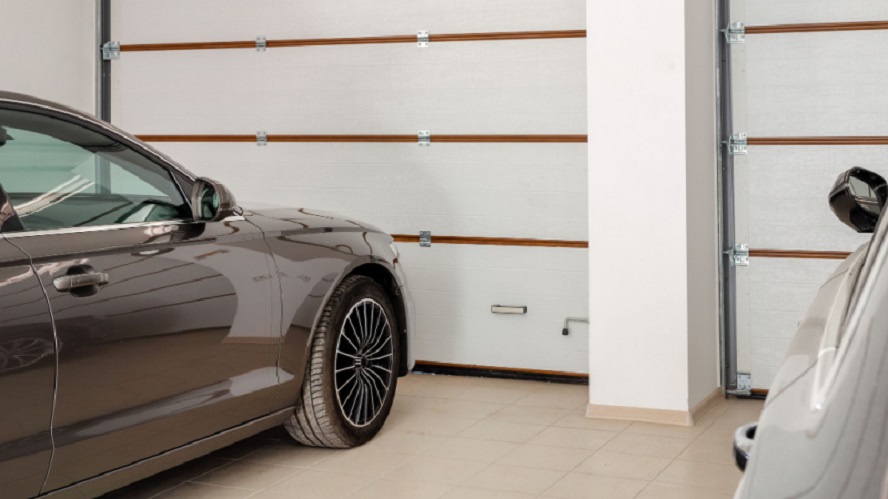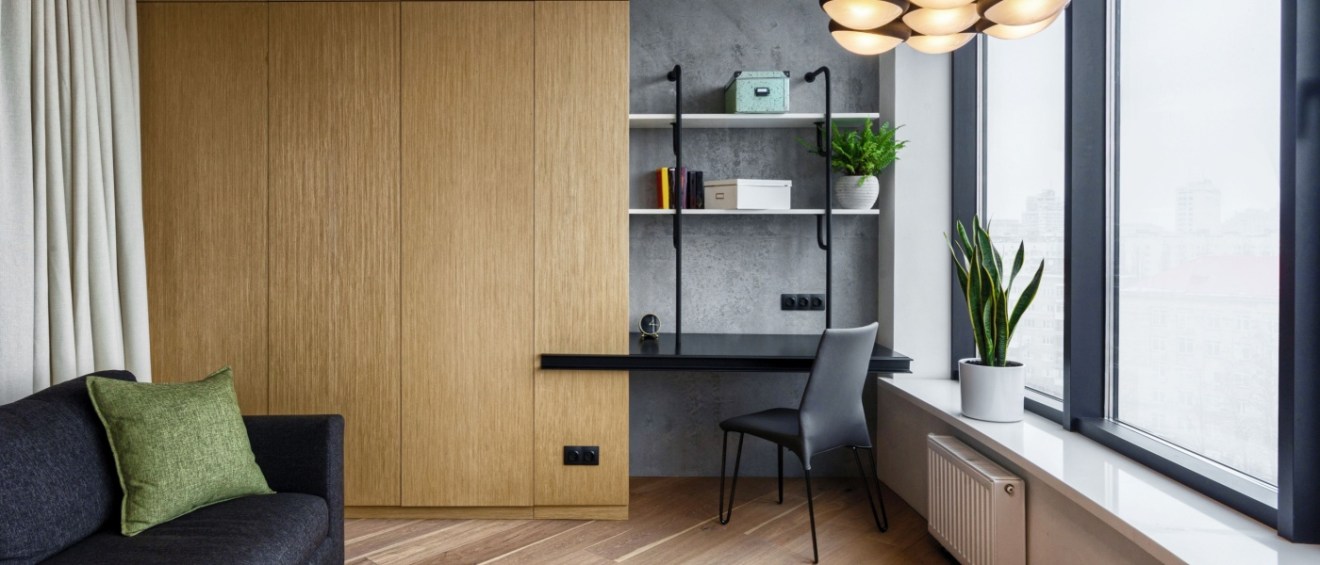Share this article:
People are living in a wider variety of interesting ways these days, whether they are digital nomads, teaching in a foreign country, or living the “tiny house” lifestyle. In these and many more instances, a big question is, “What do I do with my stuff?” The answer is often self storage, as evidenced by the growing number of storage facilities in the United States.
With 50M square feet of storage space expected to be added in the United States in 2022, according to trends published by StorageCafe, the storage industry is keeping pace with demand for storage units of all sizes. One of the most popular sizes is the 10’x20’ unit, which can accommodate needs ranging from storing rooms of furniture to storing a small car. With 200 square feet of floor space and 1,600 cubic feet overall, it’s considered a large space by storage industry standards. And consumers are beginning to recognize the many situations in which that extra space can come in handy.
Upsizing and Downsizing
If you are upsizing or downsizing your home and need temporary space to put furniture and household goods in, you will find relief from a self storage unit. A 10’x20’ space can hold approximately four rooms of furniture plus many boxes.
Storing Recreational Equipment
Many families have hobbies such as boating, camping, skiing or biking. A 10’x20’ unit can store a small boat, and kayaks or canoes as well as winter gear for cold-weather sports. Tents or a small pop-up camper plus camping gear will also fit in this size unit, and bicycles or motorcycles can be stored away when they aren’t being used.
Keeping Antiques, Collections and Valuables Safe
If you are a collector but are running out of room for your growing hobby, a self storage unit can provide extra space for keeping items such as coins, trading cards, stamps or even the huge rock collection you’ve amassed over the years. It can also be a safe place for keeping antiques, jewelry, art and other valuables.
Storing Seasonal Items
If bringing your outdoor patio and lawn furniture inside your house during the winter months isn’t feasible due to space constraints, a 10’x20’ storage space can extend their life and keep them looking good for the next season. Consider storing other seasonal items such as snow blowers and sleds, holiday decorations, lawn mowers and gardening tools.
Renting Storage During Travel
Perhaps you are planning to travel abroad for an extended period or you’re going to travel the country in an RV. You may want to rent a storage unit to hold your furniture and household goods and even a small car. It’s cheaper than paying rent while you are away. Or perhaps you need a secure place to store your golf cart or car near your vacation home while you’re not staying there.
Freeing Up Space in Your Home
Whether you own a home or rent one, it has a limited amount of space and storage. City-dwelling can be convenient, but rents are often high. That often means less square footage, and smaller patios and yards. And maybe you don’t have a garage. Think of a storage unit as an extension of your small living space, but make sure it’s nearby and convenient.

Storage for a Luxury Car
Owning Your Own Business
These days, many small businesses are operated out of homes, saving money on expensive office space. If you have inventory, files, computer equipment or event supplies that are taking up space in your home, consider renting a 10’x20’ storage unit. You may even be able to write off this expense on your taxes too.
Depending on your storage needs, you will want to consider either a non-climate-controlled or a climate-controlled unit — the latter being beneficial if your items are sensitive to humidity or extreme changes in temperature. Monthly prices for a non-climate-controlled 10’x20’ storage unit in New York City starts at $96, and in Arizona a storage unit in Phoenix starts at $84 while a storage unit in Tucson runs as low as $59. And in Florida, the street rates for a storage unit in Orlando start at $72 while for a storage unit in Tampa they begin at $120. Prices vary widely throughout the country, and climate-controlled units will generally be more expensive. Be sure to shop around to get the amenities you need at a price you can afford.
Share this article:
Francis Chantree is a writer and editor for Yardi, focusing on real estate and lifestyle content. He is a former programmer and researcher who exchanged computer language for his greatest passion, human language! When not writing and proofreading text, he can be found gardening and reading.
The Ready Renter has your back
Tips, news, and research curated for renters, straight to your inbox.




Related posts
Subscribe to
The Ready Renter newsletter







